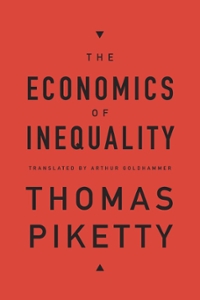Question
MCQ 1 Suppose Norway is considering whether to join the euro zone. If international oil prices were to become more volatile causing Norway's economy to
MCQ 1
Suppose Norway is considering whether to join the euro zone. If international oil prices were to become more volatile causing Norway's economy to suffer shocks that were different to those suffered by euro zone economies, then__________.
a) the maximum level of integration that will cause Norway to join the fixed exchange rate regime would increase
b) the minimum level of integration that will cause Norway to join the fixed change rate regime would not change
c) the minimum level of integration that will cause Norway to join the fixed change rate regime would increase
d) the minimum level of integration that will cause Norway to join the fixed change rate regime would decrease
MCQ 2
One reason the Eurozone does not satisfy the conditions for an optimal currency area as well as the United States is that ____________.
a. financial assets flow more freely in the Eurozone than in the United States
b. labor is less mobile across countries than it is among the states of the United States
c. wages are more flexible than in the United States due to social policies
d. the European Commission provides a better mechanism for fiscal transfers amount countries than occurs among states of the United States
MCQ 3
A sharp appreciation of the domestic currency after the successful resolution of a currency crisis would lead to ___________.
a. lower inflation
b. higher import prices
c. increase in the value of foreign currency-denominated liabilities
d. higher interest rates
MCQ 4
Which of the following may constitute the International Monetary Fund's conditionality for borrowing?
I.Government reducing budget deficits
II.Limiting credit creation and liberalizing trade
III.Government regulation of market prices
IV.Expansionary fiscal policies to boost employment
a. I and II only.
b. III and IV only.
c. None of I, II, III or IV.
d. I, II, III and IV.
MCQ 5
In 1981-1983, the world economy suffered a steep recession. Naturally, the fall in industrial countries' aggregate demand had a direct negative impact on developing countries, which included __________.
a.the increase in primary commodity prices, increasing terms of trade in many poor countries
b.the dollar's sharp depreciation in the foreign exchange market
c.the collapse in demand for exports from developing countries
d.the immediate steep inflation that followed the recession
Step by Step Solution
There are 3 Steps involved in it
Step: 1

Get Instant Access to Expert-Tailored Solutions
See step-by-step solutions with expert insights and AI powered tools for academic success
Step: 2

Step: 3

Ace Your Homework with AI
Get the answers you need in no time with our AI-driven, step-by-step assistance
Get Started


